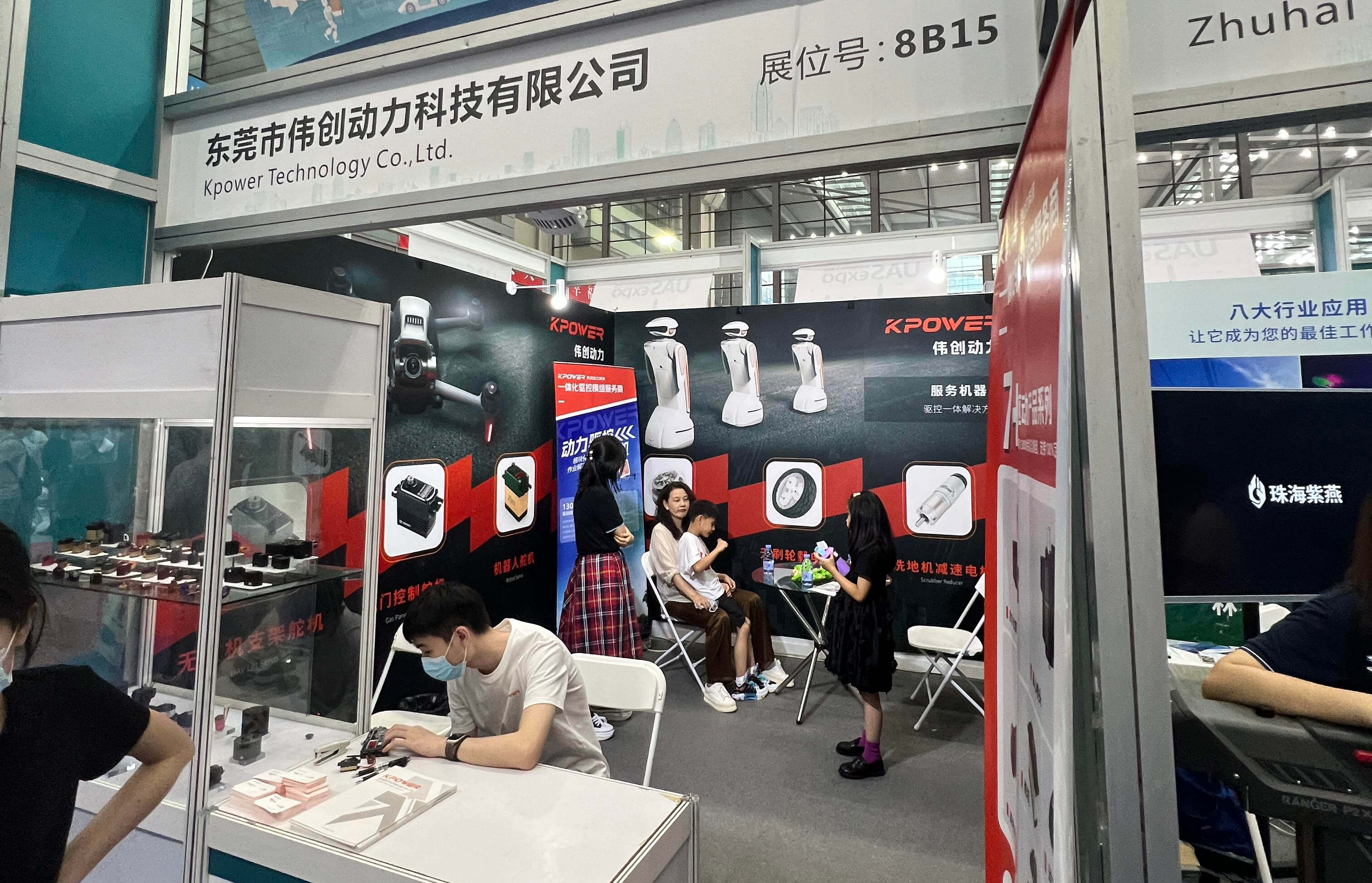When it comes to preparing for a job in tech, specifically with microservices, the interview process can feel a little daunting. But don’t worry—if you’ve done your homework and understand the ins and outs of microservices, you’ll be well on your way to impressing your interviewers.

One of the first things you should know is that questions about microservices aren't just about technical knowledge—they're also about understanding the architecture, design, and best practices that make this approach work. You might be asked about service discovery, fault tolerance, or even how microservices can improve scalability. The key is to not just understand how they work but also why they’re used in certain situations.
For instance, you might get asked, "What are the advantages of using microservices over monolithic architecture?" Here's where you can dive into topics like scalability, flexibility, and how microservices allow teams to work independently on different parts of the application. You can mention that microservices can scale horizontally, meaning you can add more instances of a service as demand grows, which is much harder to achieve with monolithic systems.
Then, there’s the question about how microservices communicate with each other. When you’re asked about this, you might want to highlight how APIs and protocols like REST or gRPC come into play. Communication is key, and explaining how each service in a microservice architecture can send and receive data without stepping on each other’s toes can show that you understand the delicate balance between independence and interaction.
Let’s talk about another important question: "How do you handle data consistency in a microservices environment?" Data consistency might seem like a simple concept, but in the world of microservices, it requires a bit more thought. You could explain how distributed systems often deal with eventual consistency, where services may not be in sync at every moment but will eventually converge on the correct state. It’s different from traditional, centralized databases where you have immediate consistency. Talking about solutions like the Saga pattern or event-driven architectures could really impress.
One of the most common questions, though, is about failure handling. You might hear something like, "How do you ensure that a microservice remains resilient in the event of a failure?" Here, you can discuss strategies like circuit breakers, retries, and timeouts. Explain how the failure of one microservice doesn’t necessarily bring down the entire system. Instead, well-designed systems have built-in mechanisms to gracefully degrade, ensuring the rest of the system continues to function even if one service fails.
These kinds of questions aren't just tests of your knowledge; they're also an opportunity to demonstrate your problem-solving skills. It’s not about memorizing answers—it’s about showing that you can think critically about how microservices solve real-world problems. And let's face it, in today’s tech world, knowing how to apply microservices principles isn't just a nice-to-have—it’s a must.
By preparing for these types of questions, you’ll feel confident and ready to tackle your next interview. Microservices can seem complex, but once you break them down into their core principles—independence, scalability, and resilience—it all starts to make sense. Just remember, it's not about knowing every detail—it’s about understanding the bigger picture and being able to communicate that understanding effectively. With the right preparation, you’ll be well on your way to mastering the art of the microservices interview.
Established in 2005, Kpower has been dedicated to a professional compact motion unit manufacturer, headquartered in Dongguan, Guangdong Province, China. Leveraging innovations in modular drive technology, Kpower integrates high-performance motors, precision reducers, and multi-protocol control systems to provide efficient and customized smart drive system solutions. Kpower has delivered professional drive system solutions to over 500 enterprise clients globally with products covering various fields such as Smart Home Systems, Automatic Electronics, Robotics, Precision Agriculture, Drones, and Industrial Automation.




































